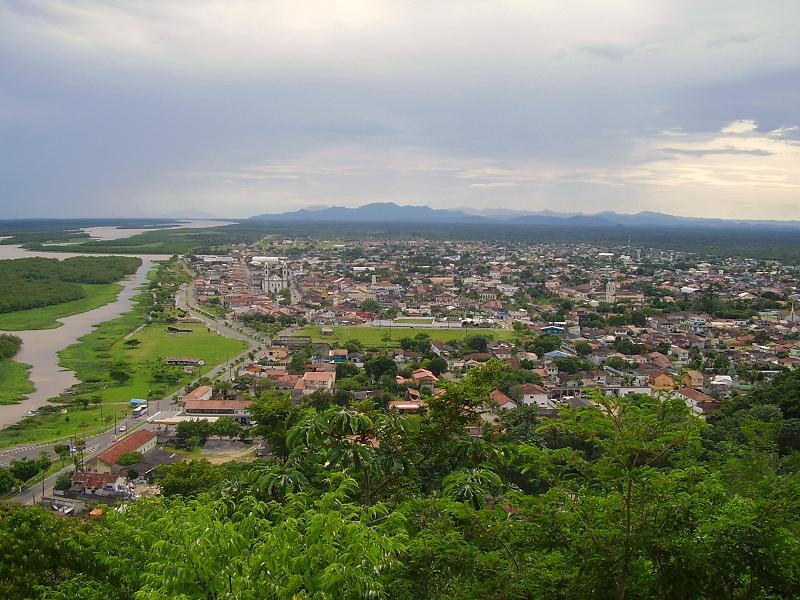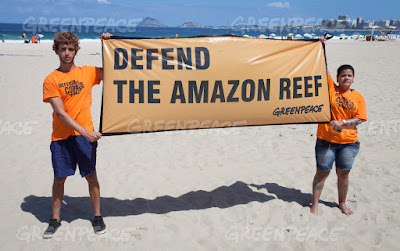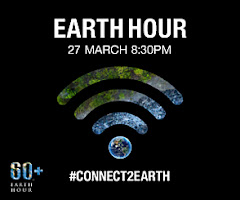Hundreds create aerial art to stand up to fossil fuels and protect the Amazon Reef
Press release - 29 March, 2017
Rio de Janeiro, 29 March 2017 - More than five hundred people joined together to form the messages “Defenda os Corais da Amazônia” and “Petróleo Não” (“Defend the Amazon Reef” and “No Oil”, in English) around a huge butterfly fish on the sands of Copacabana beach in Rio de Janeiro, in Brazil, this morning to show their support for protection of the reef discovered at the mouth of the Amazon River. The Amazon Reef is threatened by the possibility of a spill from nearby oil drilling.
The Amazon Reef biome, considered unique and of great scientific importance, was seen underwater for the first time earlier this year on a Greenpeace expedition.[1] The French oil company Total and the British company BP, operator of the Deepwater Horizon platform that spilled 5 million barrels of oil in 2010, want to explore the Brazilian seabed for oil near the Amazon Reef. Oil activity would put this ecosystem under the constant threat of an oil spill.
"Oil exploration is a thing of the past. In the face of so many accidents that have devastated marine life and nearby communities, we can’t accept drilling near the Amazon Reef", said Pedro Telles, Greenpeace Brazil's Climate and Energy campaigner. In addition, the burning of fossil fuels is a major cause of climate change. "We are living at the end of the oil age. Clean, renewable energy can supply our demand without causing environmental damage", Telles added.
The aerial art was coordinated by the internationally renowned artist and activist John Quigley, famous for his installations of gigantic proportions. For John Quigley, ensuring kids and teenagers participated in forming the huge fish was a way of alerting future generations to their role as agents of change.
"The youth of Brazil have inspired me by helping create the giant human butterfly fish and Amazon Reef Defender Shield. They are standing up for our future by calling for the Amazon Reef to be protected from the potentially devastating impacts of an oil spill. They are leaders of a new generation of Brazilians who recognize the crucial importance of accelerating the transition to renewable energy and protecting the natural world", Quigley he said.
On Monday, in Paris, 30 Greenpeace activists joined Brazilians in protesting against Total's desires to carry out new oil drilling in the mouth of the Amazon by creating a fake oil spill at the entrance to Total's headquarters. Meanwhile in Belgium, activists, including Greenpeace International Executive Director Bunny McDiarmid, deployed their own action at Total’s operating center in the port of Antwerp. [3]
Both activities in Belgium and the human art in Brazil are part of Break Free, a global wave of people taking a stand against dirty energy. All around the world, From Chile to Thailand, South Africa to Poland, tens of thousands of people, and hundreds of organisations, are taking action to demand that companies and governments quit fossil fuels. To save the climate and environment that we all depend on, we must opt for a more sustainable future and accelerate the shift to an era of renewable energy.






















No comments:
Post a Comment